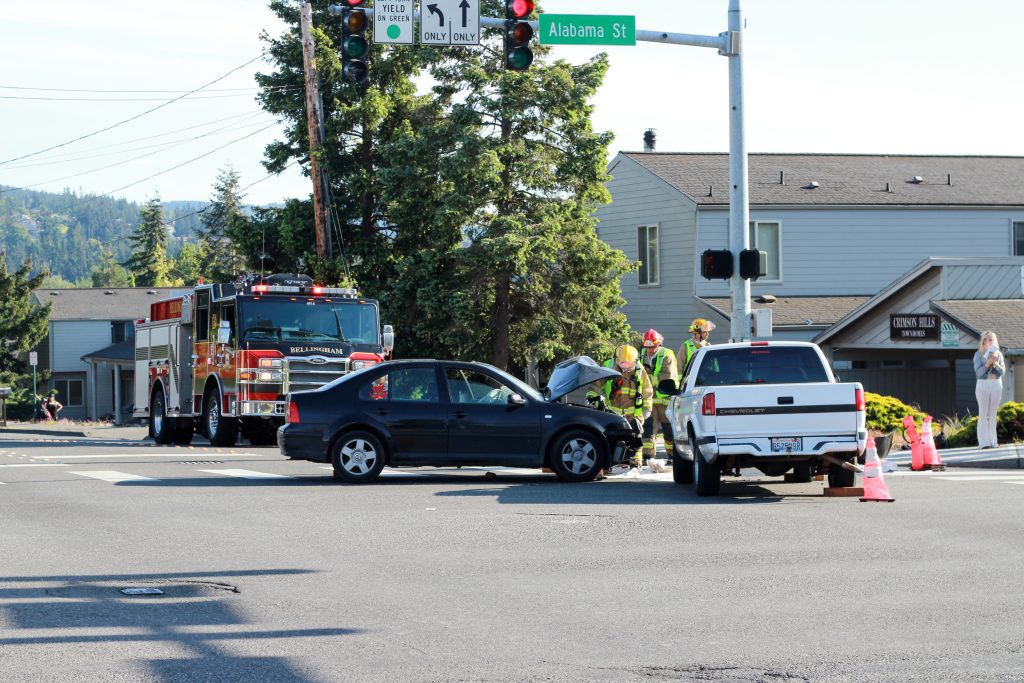 If you purchase an under or uninsured insurance policy, you might expect it to cover you if you are involved in a car accident. However, such insurance policies only apply in limited circumstances. By understanding your under or uninsured insurance policy and what evidence is required to establish your damages, you can avoid surprises down the road.
If you purchase an under or uninsured insurance policy, you might expect it to cover you if you are involved in a car accident. However, such insurance policies only apply in limited circumstances. By understanding your under or uninsured insurance policy and what evidence is required to establish your damages, you can avoid surprises down the road.
Tracy Brumfield was driving near Independence, Louisiana in her pickup. As she slowed to a stop, a car that Jacob Currier was driving hit into the back of her truck. Although Brumfield tried to turn to avoid hitting another car, her front door to hit into the rear bumper of the car in front of her, which allegedly hurt her leg and back.
Brumfield filed a lawsuit against Currier, his insurer, and Allstate, who was the carrier for her under or uninsured motorist policy. She claimed Allstate was liable to her for all available relief under La. R.S. 22:1892 and 22:1973, including attorney fees and costs. At trial, Allstate stipulated Currier was solely at fault for causing the accident. However, Allstate moved for an involuntary dismissal of Brumfield’s claims for attorney fees and penalties. Allstate argued Brumfield had not proven her claim’s value exceed Currier’s liability policy limits. Allstate also claimed it had not been arbitrary capricious in failing to pay Brumfield, so she was not entitled to recover penalties and attorney fees.
 Louisiana Personal Injury Lawyer Blog
Louisiana Personal Injury Lawyer Blog


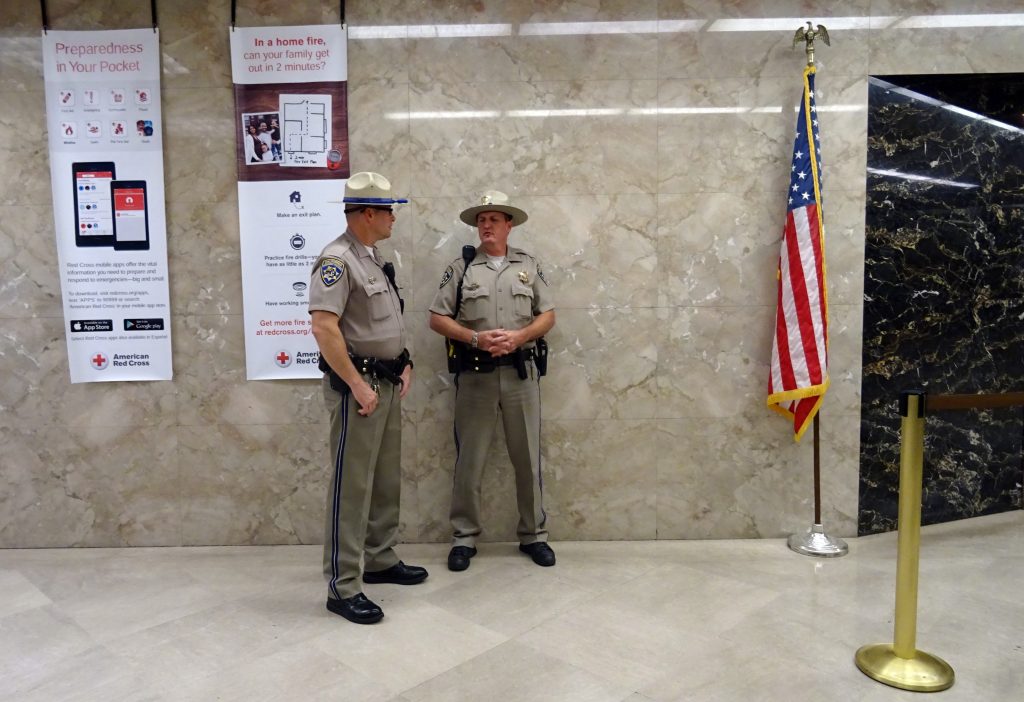 Although the Constitution provides for the right to an attorney in criminal cases, this right does not apply to civil cases. What happens if you bring a claim for excessive force but your attorney withdraws? Are you entitled to have counsel appointed to represent you?
Although the Constitution provides for the right to an attorney in criminal cases, this right does not apply to civil cases. What happens if you bring a claim for excessive force but your attorney withdraws? Are you entitled to have counsel appointed to represent you? 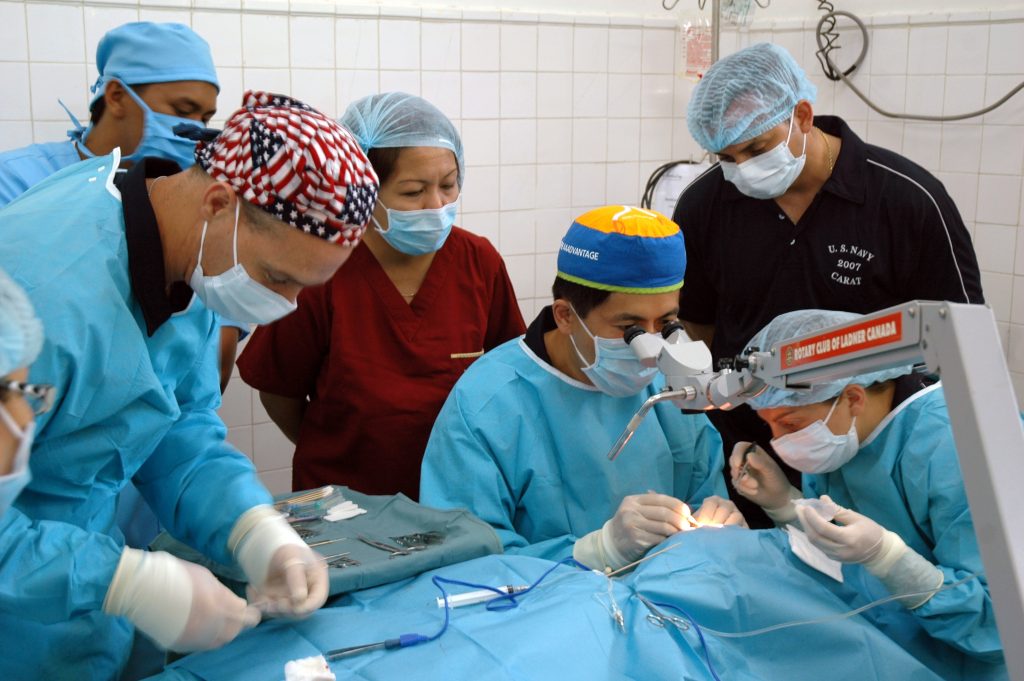 Undergoing a surgery is always a nerve-wracking experience. You want to be able to trust that your surgeon conducted and reviewed the appropriate pre-operative tests. Can a surgeon be held liable if he or she fails to review the results of the pre-operative tests before performing the surgery?
Undergoing a surgery is always a nerve-wracking experience. You want to be able to trust that your surgeon conducted and reviewed the appropriate pre-operative tests. Can a surgeon be held liable if he or she fails to review the results of the pre-operative tests before performing the surgery? 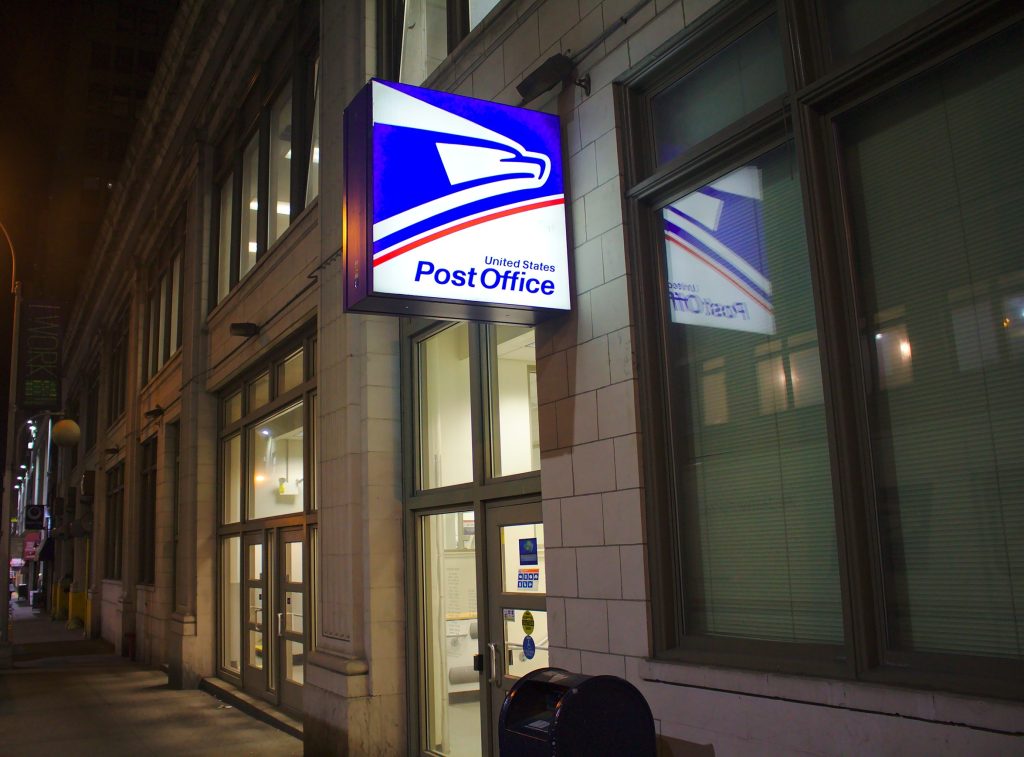 In the bustling corridors of the U.S. Postal Service in Istrouma, Louisiana, a tale of workplace strife and legal intricacies unfolded. Catherine J. Valdry, a dedicated mail carrier, found herself entangled in a web of allegations against her supervisor, Clifton Maryland, a Customer Service Manager. What began as a refusal to join Maryland on a fishing trip soon spiraled into an alleged hostile work environment, as Valdry claimed she faced emotional distress and aggressive conduct. When she summoned the courage to report Maryland’s behavior, the situation took a turn for the worse, with ominous warnings and intensified micromanagement. Valdry’s pursuit of justice led her to the courtroom, where she aimed to prove her case, facing the challenging task of establishing a retaliatory hostile work environment. This article delves into the legal intricacies of her journey, from the district court’s initial ruling to the appellate court’s ultimate decision, which ultimately declared the case moot.
In the bustling corridors of the U.S. Postal Service in Istrouma, Louisiana, a tale of workplace strife and legal intricacies unfolded. Catherine J. Valdry, a dedicated mail carrier, found herself entangled in a web of allegations against her supervisor, Clifton Maryland, a Customer Service Manager. What began as a refusal to join Maryland on a fishing trip soon spiraled into an alleged hostile work environment, as Valdry claimed she faced emotional distress and aggressive conduct. When she summoned the courage to report Maryland’s behavior, the situation took a turn for the worse, with ominous warnings and intensified micromanagement. Valdry’s pursuit of justice led her to the courtroom, where she aimed to prove her case, facing the challenging task of establishing a retaliatory hostile work environment. This article delves into the legal intricacies of her journey, from the district court’s initial ruling to the appellate court’s ultimate decision, which ultimately declared the case moot.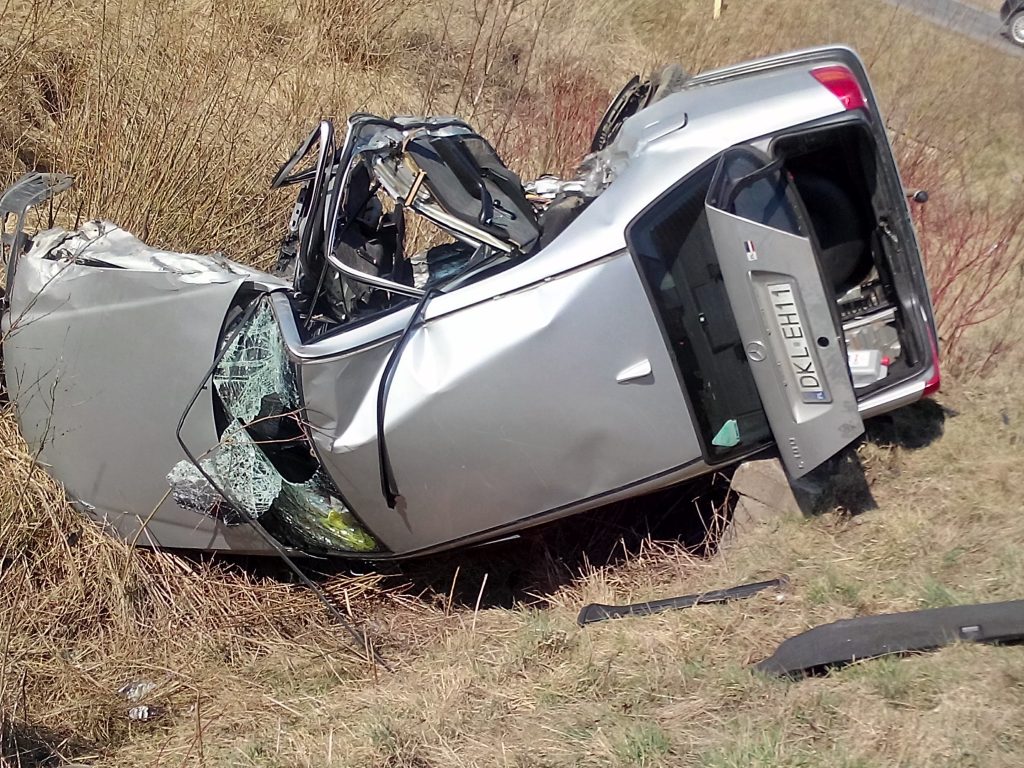 Why would you appeal a judgment when the jury ruled in your favor? The following case involves a situation where the jury ruled in favor of an injured person, and he was awarded substantial damages. Still, instead of basking in the glow of victory, he chose to appeal the judgment. Why would anyone appeal when the scales of justice have tilted in their favor? The answer to this question lies in the intricate dance of legal strategy, discretion, and the quest for justice. Let’s delve into Kupke’s case to unravel why one would appeal a judgment even when the jury ruled in their favor.
Why would you appeal a judgment when the jury ruled in your favor? The following case involves a situation where the jury ruled in favor of an injured person, and he was awarded substantial damages. Still, instead of basking in the glow of victory, he chose to appeal the judgment. Why would anyone appeal when the scales of justice have tilted in their favor? The answer to this question lies in the intricate dance of legal strategy, discretion, and the quest for justice. Let’s delve into Kupke’s case to unravel why one would appeal a judgment even when the jury ruled in their favor.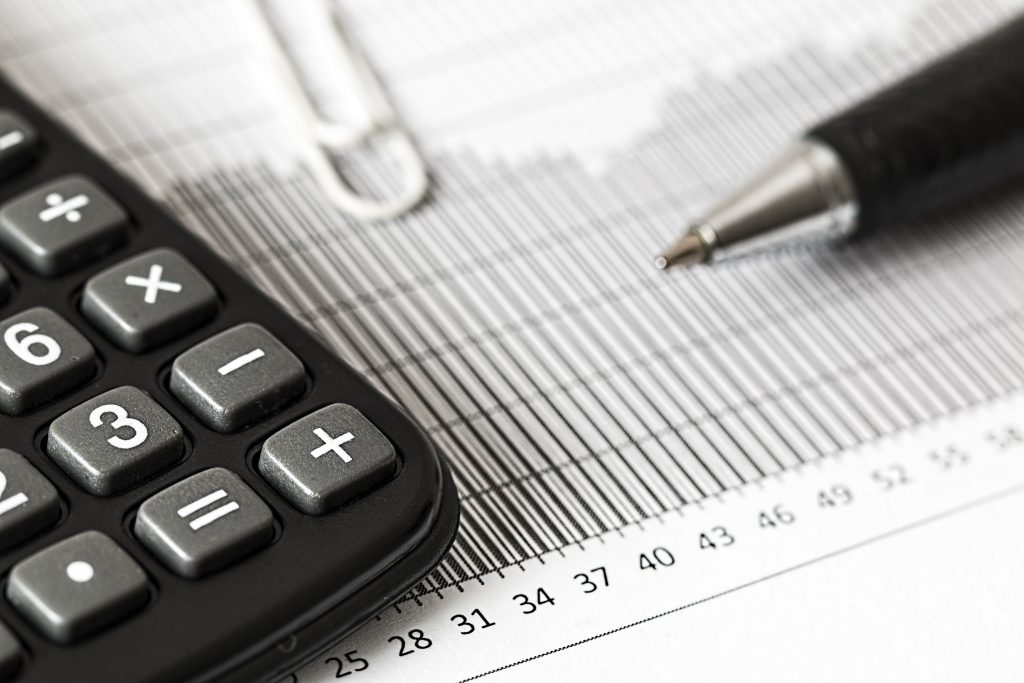 Although money can never replace a loved one, if you find yourself in the tragic aftermath of a loved one’s death, you might be looking to recover damages from the responsible parties. However, the process of recovering damages can be difficult and emotionally charged. This is especially true if an insurance policy is involved and the insurer argues it is not required to provide coverage.
Although money can never replace a loved one, if you find yourself in the tragic aftermath of a loved one’s death, you might be looking to recover damages from the responsible parties. However, the process of recovering damages can be difficult and emotionally charged. This is especially true if an insurance policy is involved and the insurer argues it is not required to provide coverage.  Automobile insurance policies can help compensate you if you are injured in a car accident. However, it is essential to be aware of potential policy exclusions that limit what you are entitled to recover. This is especially true with uninsured/underinsured motorist (“UM”) insurance because an insurer is allowed to have exclusions, such as the exclusion of vehicles covered by the insurance policy.
Automobile insurance policies can help compensate you if you are injured in a car accident. However, it is essential to be aware of potential policy exclusions that limit what you are entitled to recover. This is especially true with uninsured/underinsured motorist (“UM”) insurance because an insurer is allowed to have exclusions, such as the exclusion of vehicles covered by the insurance policy.  When receiving medical care, the choice of medical professional can influence your treatment. If you have been injured on the job, you might not be sure if you can pick your own doctor or if you have to use a doctor your employer selects. Under the Louisiana Workers’ Compensation Act, an injured worker is entitled to select a physician in any specialty for an initial visit. The employer is not required to approve the employee’s choice of physician. What happens if the employer claims the employee was not injured on the job?
When receiving medical care, the choice of medical professional can influence your treatment. If you have been injured on the job, you might not be sure if you can pick your own doctor or if you have to use a doctor your employer selects. Under the Louisiana Workers’ Compensation Act, an injured worker is entitled to select a physician in any specialty for an initial visit. The employer is not required to approve the employee’s choice of physician. What happens if the employer claims the employee was not injured on the job?  If you prevail in a lawsuit, you might be entitled to various damages. One type of damages available in Louisiana is
If you prevail in a lawsuit, you might be entitled to various damages. One type of damages available in Louisiana is 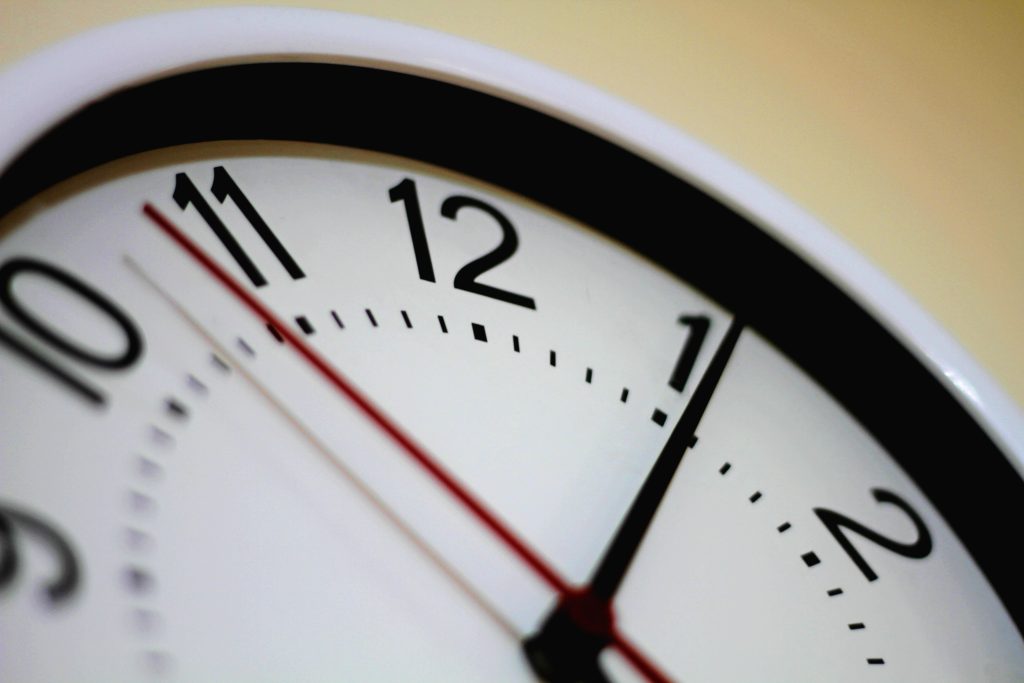 If the trial court does not rule in your favor, you might find yourself considering filing an appeal. However, just like filing an initial lawsuit, there are strict time limits for filing an appeal. If you do not comply with these time limits, the appellate court will be unable to consider the merits of your appeal, and you will be stuck with the trial court’s ruling.
If the trial court does not rule in your favor, you might find yourself considering filing an appeal. However, just like filing an initial lawsuit, there are strict time limits for filing an appeal. If you do not comply with these time limits, the appellate court will be unable to consider the merits of your appeal, and you will be stuck with the trial court’s ruling.